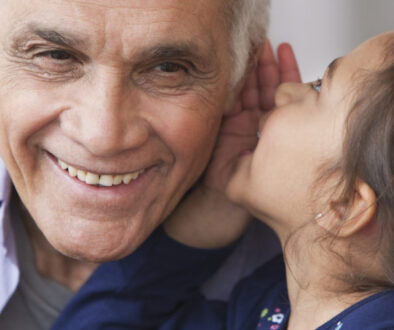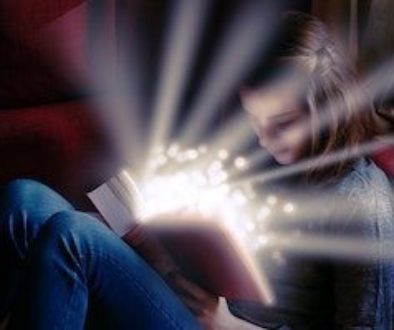Is anxiety & panic really strange protection?
And by strange protection, I’m referring to subconscious protection.
What is subconscious protection?

But we also have emotional-based reflexes too. For example, staying away from the person who always teases you at school or at work, or keeping your mouth shut when you hear that tone in your mother’s voice or she stands in that particular posture.
Our subconscious mind takes in 1000s of bits of data every second via our senses and determines whether the data matches any previous experiences of danger or discomfort.
If none is detected, the subconscious mind goes about keeping your body breathing, digesting, filtering etc. It also lets our conscious mind stay present with what it’s involved in – creativity, rational thinking, logic, decision making, contemplation, reflection, imagination, etc.
However, the minute, well really the hundredth of a second, the subconscious mind detects danger or discomfort of any kind, it will override any conscious thought or action. It does this to make sure that you’re protected.
The subconscious protective mechanisms are reflexive in nature. This is a good thing because we don’t want the subconscious mind to have to think about how it’s going to protect us. We want it to react immediately.
Now sometimes that can be:

- A physical reaction, like holding your arm out to protect you or your kids.
- Other times it can be mental, like running a protective (what is often called limiting) belief program.
- And it can also be emotional, like having an angry outburst or feeling anxious or panicked.
It’s important to know that because the subconscious mind is protective in nature in this reflexive way, it is seven times (7x) faster than the conscious mind!
That’s why you can have all good intentions to think, feel and behave in new ways, but if the subconscious mind gets tripped off, bam. All that goes out the window.
A profound example of the power of the subconscious mind
I’d like to share a great example of the power and depth the subconscious mind has to protect you.

- My husband and I watched a documentary made by a Jewish man who lost most of his family during the Holocaust. He interviewed two mature men who both had been young sons of Nazi war criminals during WWII.
- At the start of the documentary the two men were friends, but by the end of their visits to key buildings, looking at written records and mass grave sites, etc, one man decided that he could no longer be friends with the other.
- Why? Because Hans simply could not face that his father had committed those crimes and wanted to keep believing that his father was a good and well-intentioned man. Even when presented with clear evidence, his subconscious protective mechanisms would not permit him to acknowledge it.
- As I was watching, I remember commenting that he was delusional because his denial was so strong. But what really struck me was the sheer power of the subconscious mind to protect us and keep us safe.
- Even though we could judge Hans as being morally wrong, I could see that every cell of his being was in survival mode.
- Hans was over-identified or strongly attached to his father to the point of confusion. So if he were to condemn his father, to his subconscious mind, it would mean that he would in fact be condemning himself.
- And because his father died for his crimes, for Hans to condemn his father would mean death for him too – figuratively speaking!
That’s how the subconscious mind works! Powerful stuff isn’t it?!
How does subconscious protection relate to anxiety and panic?
So, with respect to anxiety and panic, you do not have any conscious choice in the moment that it gets triggered by the subconscious mind because it is a protective mechanism. And in the case of panic, it’s a survival mechanism.
That’s why we need to use holistic tools and develop mindfulness in the moment to give ourselves the opportunity to create space for conscious choices and conscious actions – rather than subconscious reflexive reactions.
I observed one other interesting point from that documentary. The more the others pushed Hans to admit and acknowledge the irrefutable evidence of his father’s crimes against humanity, the stronger his subconscious protection of denial resisted.

Rather than trying to make your life miserable or victimising you, anxiety and panic are actually trying to protect a part of you that doesn’t feel safe.
So, the next time you feel anxiety or panic or any other uncomfortable emotion, thank the subconscious mind for its gift of protection.





